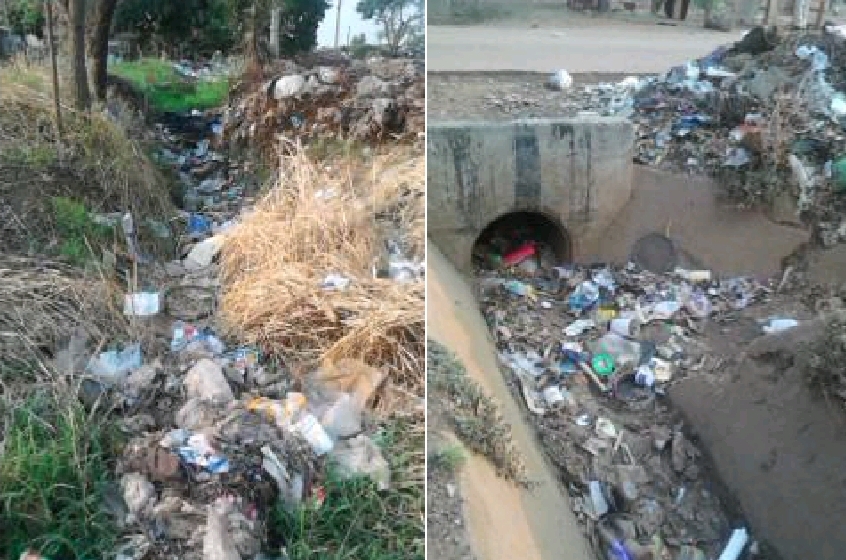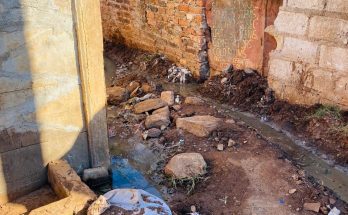
By Fadzai Nhubu
AS illegal dumping sites continue to mushroom in the capital, volumes of waste that is piling up continues to increase at a faster rate than the expansion of infrastructure for waste management and the general ability by council authorities to collect waste.
Harare has lost its sunshine status due to uncollected garbage that is strewn across streets and sidewalks, leading to potential outbreaks of and water-borne diseases such as cholera and typhoid.
Harare’s waste management has virtually collapsed, triggering chaotic and rampant waste dumping, putting the health of residents at great risk.
The prevalence of various forms of litter in these communities has been fuelled by a consumerist corporate and social culture where a lot of packaged food stuffs are manufactured to be consumed on the run without proper education on best practices in terms of their disposal.
Inefficient collection mechanisms by municipal authorities, and the lack of ‘separate at source’ models have led to adverse effects on the ecosystem and the environment at large.
In a telephone interview with EnviroZimNews on Tuesday (yesterday), City of Harare spokesperson Mr Innocent Ruwende said despite having a refuse collection schedule in place, there were a number of challenges that are making it difficult for council to collect refuse timeously.
“If you check our facebook page or any of our other social media pages you will find out that we have a fixed schedule for collecting waste that we follow religiously. However, at the moment we have deployed most of our resources to Budiriro where there has been a cholera outbreak,” he said.
“We are also currently operating on a shortage of refuse compactors as out of a possible required number of 46 to 50 , we only have about 19 or 20 thus affecting our refuse collection turnaround time.”
“However, as council we are on a re-capitalisation drive inorder to increase refuse collection to acceptable levels,” added Ruwende.
Residents are at high risk of disease outbreaks considering the fact that most of these illegal dumping sites are in the vicinity of homesteads. Glen-View Area 8, a high density and industrial area in the Western part of Harare has been under threat for some time.
Organic and inorganic waste from the furniture industry and households continues to be produced and dumped haphazardly in the area.
A Glen-View Area 8 resident who requested anonymity said, “we do not have options, as I cannot even remember when the city of Harare last collected garbage from my home, and it’s about making a choice either to keep the garbage piling in the yard or to dump it by the road side.”
It has become the norm that after cleaning their yards in the early hours of the morning, residents just carry sacks full of garbage to the illegal dumping sites.
Interviewing carpenters operating from the Glenview Area 8 industrialsite, many explained that their operations produce a lot of waste that includes broken wood, broken metals pieces, cloth and cotton residue.
One who identified himself only as Rasta Joe said,“tikasanorasira machira iwaya nemacotton kugoronga uko tinopedzisira tisisina space yekushandira pano pazara saka hatina kana option, kana kanzuru ichida kutakura vachatakurira ikoko isu tinotoraramira pano hatina zvimwe zvatingaita vatete.”(For as long as the city authorities do not collect refuse consistently, we are left with no option but to resort to dumping our waste at undesignated dumpsites)
The impact of illegal dumping of waste in the area has resulted in litter-infested, filthy and unsightly surroundings that are an eye sore.
The dumping of waste in drainage pathways has also led poor drainage systems leading to the contamination of boreholes and wells posing a serious threat to human health. The area also has a history of burst sewer pipes regularly and this poses another deadly health hazard to residents.



